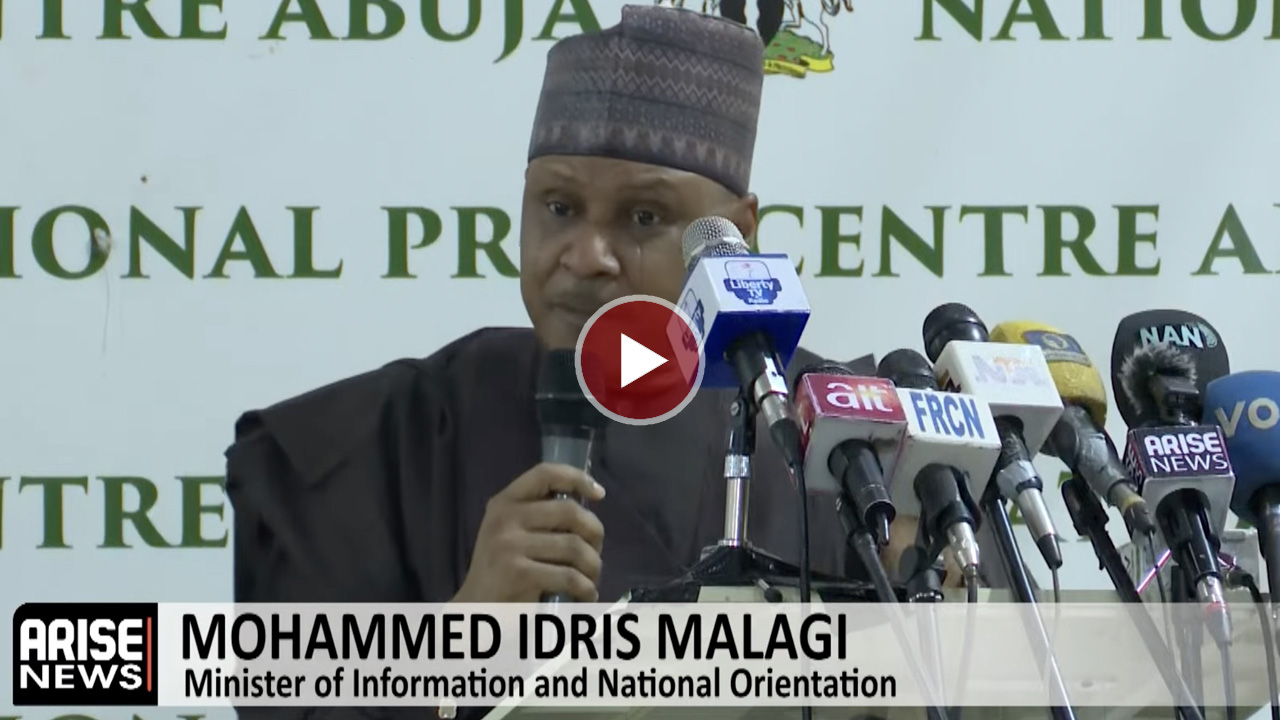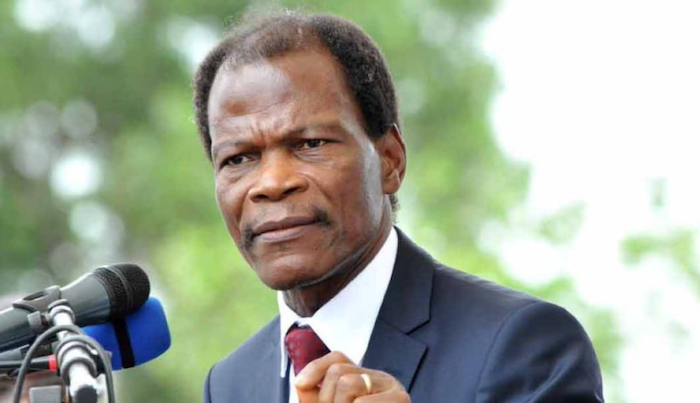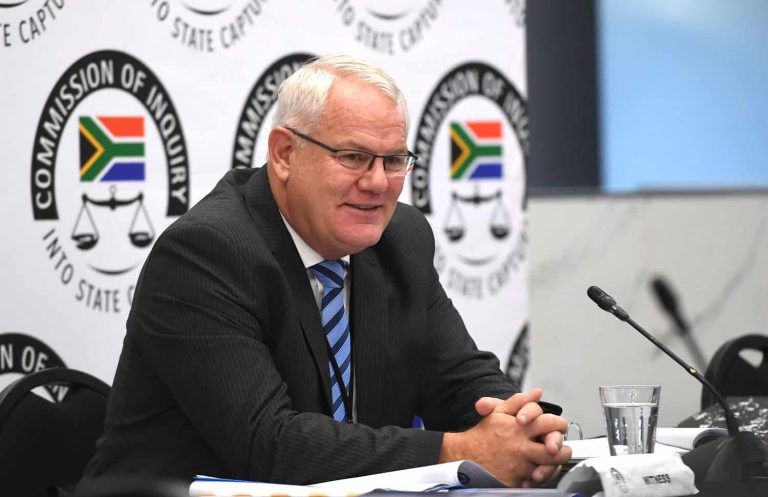

Information Minister Mohammed Idris Malagi has revealed that over 13,500 terrorists have been killed and 17,000 arrested under the administration of President Bola Ahmed Tinubu, highlighting the government’s continued success in restoring national security.
Idris addressed what he described as a “wrong perception and misrepresentation” by the United States government following its designation of Nigeria as a “country of particular concern” (CPC) over alleged violations of religious freedom and threats of military action.
“Let me state at the outset that the government and people of Nigeria, the Federal Republic of Nigeria, have taken note of the position of the government of the United States of America on Nigeria over the alleged violations of religious freedom here.
“Nigeria faces long-standing security challenges that have impacted Christians and Muslims alike and we mourn every loss of life knowing that every single loss of life is one too many for this country,” he said.
He stressed that President Tinubu remains determined to end the country’s security challenges and highlighted the progress recorded so far in the government’s counterterrorism campaign.
“Since May of 2023 when he took office, Nigeria’s security agencies have neutralized more than 13,500 terrorists through sustained operations and they have arrested over 17,000 suspects who are now undergoing interrogation and prosecution for various offenses,” Idris revealed. “Also, more than 9,800 victims abducted by these terrorists or terrorist elements including women and children have been rescued and have been reintegrated with their families.”
The Minister emphasised that terrorism in Nigeria does not target any specific religion or ethnic group. “As in many parts of the world, extremism is mindless and it is blind to religion, to class and to any tribe. It is a war against all peace-loving Nigerians and against the unity and progress of our great country,” he said. “Therefore, any narrative suggesting that the Nigerian state is failing to take action against religious attacks is based on misinformation or faulty data.”
Idris explained that the country’s security challenges are linked to broader instability in the Sahel region and the fallout from Libya’s collapse more than a decade ago, which flooded the region with armed groups and illegal weapons.
“Nigeria’s security challenge cannot be fully understood without acknowledging the volatile security situation in the Sahel region and complicating factors such as the collapse of Libya over a decade ago, flooding the region with terrorist elements. This has also led to the illegal importation of illegal weapons and firearms into Nigeria.”
He added that socio-economic factors have also fueled violent clashes in some parts of the country. “The socio-economic dimension of the conflict in the north-central, especially in Plateau and Benue States, was exacerbated by the age-long farmers’ and herders’ violent clashes,” he explained.
Concluding, Idris reaffirmed Nigeria’s commitment to peace, national unity, and international cooperation. “Several leading personnel of the very dedicated armed forces of Nigeria and the country’s intelligence agencies are Christians working and succeeding alongside their Muslim colleagues in the fight against extremist and criminal regime war against our country and against our values,” he said.
Erizia Rubyjeana



